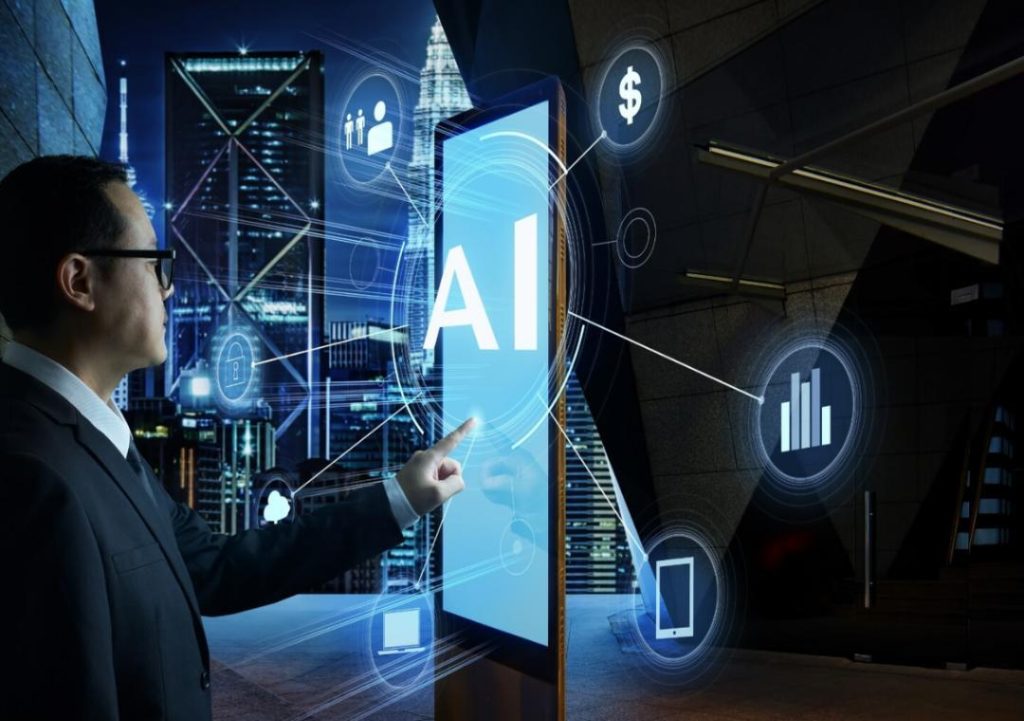
AI & ML now power over 77% of business processes
In the not-so-distant past, Artificial Intelligence (AI) and Machine Learning (ML) were seen as futuristic concepts, relegated to the realm of science fiction and speculation. However, today, these technologies are no longer novelties; they’re operational essentials. The latest statistics reveal that over 77% of enterprises are now using AI/ML to improve productivity, reduce costs, and personalize user experiences.
The pace of innovation has been breathtaking, with AI/ML applications now touching almost every aspect of modern business. From automating customer support to real-time fraud detection, AI/ML is transforming the way companies operate, making them more efficient, agile, and competitive in an increasingly digital-first world.
So, what’s driving this seismic shift? Why have AI/ML become so integral to modern business operations?
The Rise of AI/ML: A Brief History
The concept of AI dates back to the 1950s, when computer scientists like Alan Turing and Marvin Minsky began exploring the possibilities of machine intelligence. However, it wasn’t until the 2010s that AI/ML started to gain mainstream attention, driven by advancements in computing power, data storage, and machine learning algorithms.
The turning point came in 2011, when IBM’s Watson supercomputer defeated human champions on Jeopardy!, demonstrating the potential of AI in natural language processing. This sparked a wave of innovation, with major tech companies like Google, Facebook, and Amazon investing heavily in AI/ML research and development.
The Business Case for AI/ML
So, why are companies embracing AI/ML with such enthusiasm? The answer lies in the benefits they bring:
- Improved Productivity: AI/ML can automate repetitive, time-consuming tasks, freeing up human resources to focus on higher-value activities.
- Cost Reduction: AI-powered systems can optimize processes, reduce errors, and minimize waste, leading to significant cost savings.
- Personalized User Experiences: AI/ML can analyze customer behavior, preferences, and needs, enabling businesses to deliver tailored experiences that drive engagement and loyalty.
- Enhanced Decision-Making: AI-powered analytics can provide real-time insights, enabling businesses to make data-driven decisions and stay ahead of the competition.
Real-World Examples of AI/ML in Action
- Customer Support: AI-powered chatbots can handle routine customer inquiries, freeing up human representatives to focus on complex issues.
- Fraud Detection: Machine learning algorithms can analyze transaction patterns, identifying suspicious activity and preventing financial losses.
- Predictive Maintenance: AI-powered sensors can monitor equipment performance, predicting when maintenance is required, reducing downtime, and increasing overall efficiency.
- Personalized Marketing: AI-powered marketing platforms can analyze customer data, creating targeted campaigns that drive conversions and revenue.
The Future of AI/ML in Business
As AI/ML continues to evolve, we can expect even more innovative applications across various industries. Some of the most exciting developments include:
- Edge AI: AI-powered devices can process data in real-time, enabling faster decision-making and reduced latency.
- Explainable AI: AI systems can provide transparent explanations for their decisions, increasing trust and accountability.
- Human-AI Collaboration: AI-powered tools can augment human capabilities, enabling more effective collaboration and problem-solving.
Conclusion
The future of business is AI/ML-powered. As the statistics demonstrate, over 77% of enterprises are already leveraging these technologies to drive innovation, improve productivity, and stay competitive. The shift isn’t optional; it’s fundamental to staying relevant in a digital-first world.
For businesses that haven’t yet adopted AI/ML, the clock is ticking. The window of opportunity is narrowing, and those that fail to adapt risk being left behind. But for those that do, the rewards are substantial: improved efficiency, increased customer satisfaction, and a competitive edge in an increasingly crowded market.
Source:
GrowthJockey. (n.d.). What is AI and ML? How is it important? Retrieved from https://www.growthjockey.com/blogs/what-is-ai-and-ml-how-is-it-important





